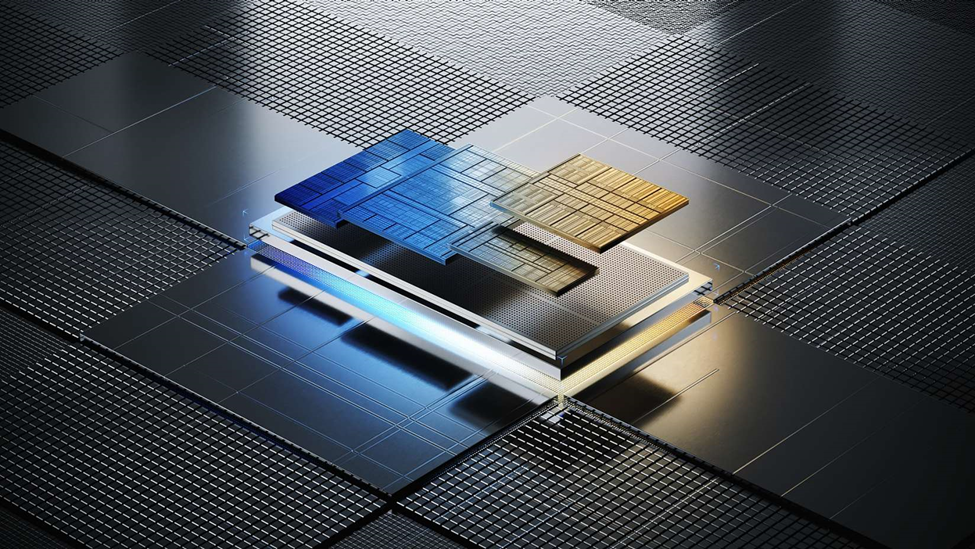Intel launched its AI product portfolio at the AI Everywhere event in New York City, introducing the Intel Core Ultra mobile processors and marking the debut of AI PCs. The Core Ultra, featuring dedicated AI acceleration across CPU, GPU, and NPU, represents Intel’s most AI-capable and energy-efficient client processor. The event showcased Intel’s commitment to pervasive AI, with advancements in processors, accelerators, and collaborations with software vendors. Intel anticipates AI PCs comprising 80% of the market by 2028, transforming how people work, learn, and create.
During its gala AI Everywhere launch in the Big Apple on December 14, 2023, Intel unveiled its AI product portfolio designed to empower AI solutions across the data center, cloud, network, edge, and PC.
At the event, Intel introduced its Core Ultra mobile processors, marking the inception of Intel’s first-generation AI PCs. Equipped with dedicated AI acceleration capabilities incorporating the CPU, GPU, and NPU, the Intel Core Ultra stands, says the company, as its most AI-capable and energy-efficient client processor to date.

The AI PC, says the company, signifies a novel era in personal computing, catering to individuals engaged in learning, streaming, gaming, or creating on the move, while leveraging AI capabilities across various operating systems and applications.
Initiating Intel 4 (7nm) process technology and incorporating Foveros 3D packaging, Intel’s Core Ultra is the initial processor to adopt these new processes. Intel says its performance-core (P-core) architecture enhances instructions per cycle, while the inclusion of new efficiency cores (E-cores) and low-power efficiency cores (LP E-cores) offers scalable, multithreaded performance and enhances efficiency in modern multitasking.
Additionally, the company showed its 5th Gen Intel Xeon processor family, claiming it incorporates AI acceleration in every core, and promising substantial advancements in AI and overall performance, while reducing total cost of ownership.
The 5th Gen Intel Xeon processor family was also introduced, and IBM announced 5th Gen Intel Xeon processors achieved up to 2.7× better query throughput on its watsonx.data platform compared to previous-generation Xeon processors during testing. Google Cloud, which will deploy 5th Gen Xeon next year, noted that Palo Alto Networks experienced a 2× performance boost in its threat detection deep learning models by using built-in acceleration in 4th Gen Xeon through Google Cloud. And indie game studio Gallium Studios turned to Numenta’s AI platform running on Xeon processors to improve inference performance by 6.5× over a GPU-based cloud instance, saving expenses and latency in its AI-based game, Proxi.
Intel CEO Pat Gelsinger also previewed the Intel Gaudi3 AI accelerator, scheduled for release next year, reinforcing Intel’s commitment to AI. Gelsinger emphasized Intel’s broad AI footprint, spanning cloud, enterprise servers, networks, and edge environments, and predicted it would position AI to contribute up to one-third of the global gross domestic product.
These edge computing use cases represent the fastest-growing segment of computing—projected to surge to a $445 billion global market by the end of the decade—within which AI is the fastest-growing workload. In that market, edge and client devices are driving 1.4× more demand for inference than the data center.*
Gelsinger said Intel is on track to deliver five new process technology nodes in four years.
The launch aligns with Intel’s goal to make AI pervasive through well-engineered platforms, secure solutions, and support for open ecosystems.
Intel says it has collaborated with more than 100 software vendors and aims to introduce hundreds of AI-boosted applications to the PC market—which it hopes will enhance user experiences across creative, productive, and entertainment realms. Intel says its Core Ultra-based AI PCs are already available from select US retailers, with plans to expand to more than 230 designs worldwide in the coming year. Forecasts suggest AI PCs will constitute 80% of the PC market by 2028, revolutionizing the way people work, learn, and create.
* AI and Machine Learning Survey, 22.2, Evans Data Corp, 2023.